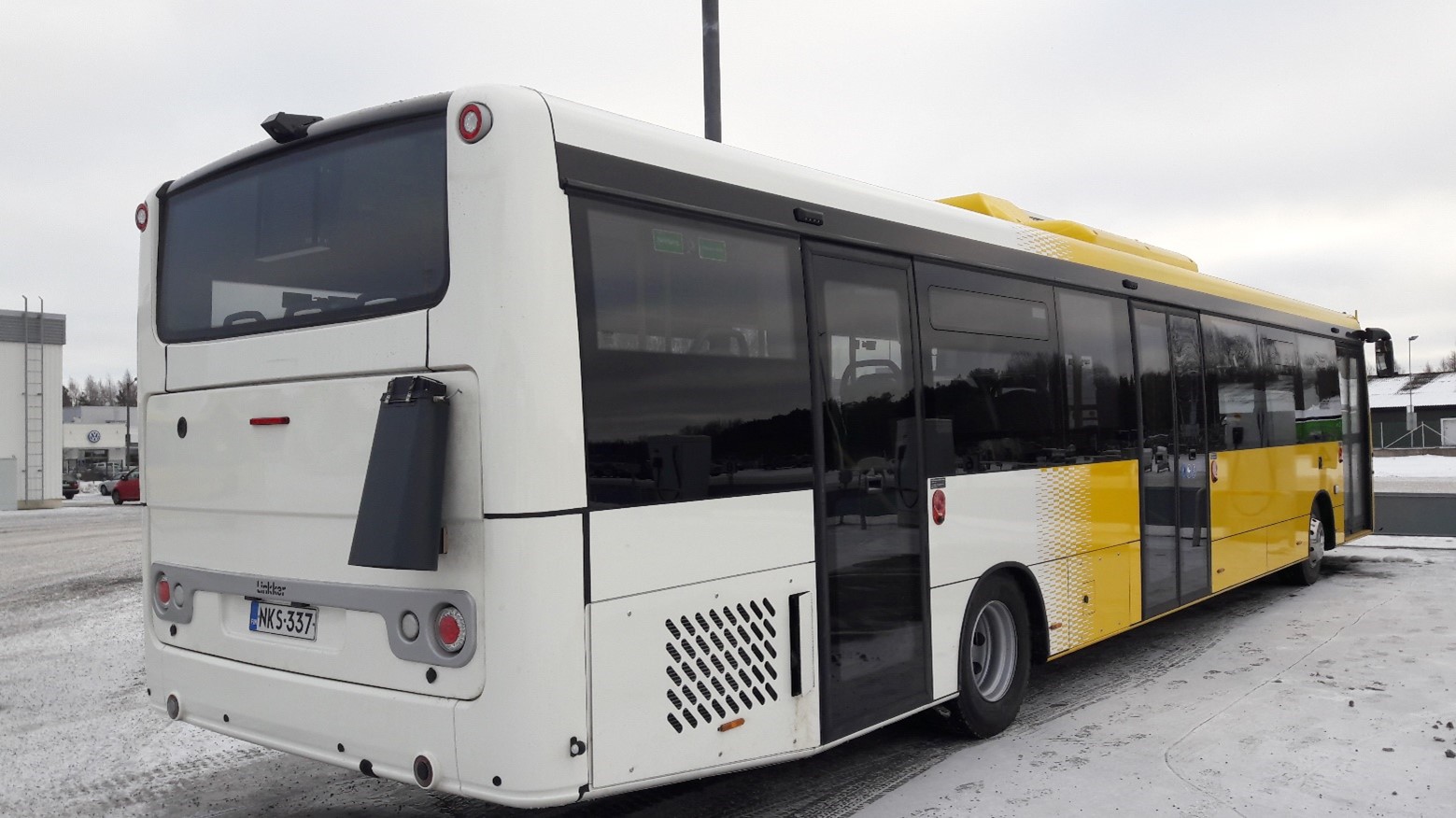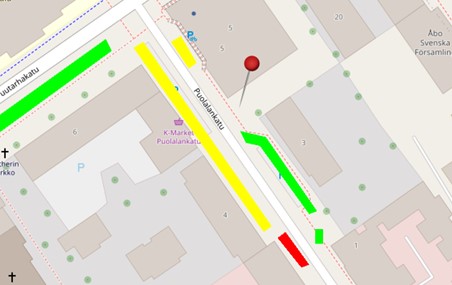In its mayor program the city of Turku is set up to be an open, international city with a flowing everyday life, high quality services, homely and safe environment. One way to approach these goals is the smart city thematic. With several smart city projects ongoing we are building up a smarter, data-driven city of smart decision-making.
Smart City is a term that has been thrown around for a couple of decades regarding many kinds of technological advances and digital services. The whole concept covers a huge range of terminology which makes it quite vague and distant for many people not dedicated to the cause. However, when we go beyond the technology, the final goal should be the service of the public with the help of technology.
Smart decision-making
In the city of Turku, we have been advancing the smart city theme under the project “The Six City Strategy - CityIoT2” in collaboration with Business Tampere. The aim of the project is to utilize the vast amount of data building up in cities for the benefit of the city and its citizens in a form of better services and smart decision-making. We have been focusing on Internet of Things (IoT) solutions: gathering real-time data, feeding it into a data lake, IoT Hub, and using analysis tools to form dashboards and reports to be used in data-oriented, smart decision-making.
The road is long and lies ahead of us, but we are now taking the first small steps towards the end goal of IoT-guided decision-making. When we started the project last year, the city’s IoT Hub was just being built up. For the project we defined three major key areas and goals. First was the basic build-up of an IoT scheme in a city environment. This includes defining data ownership, data sharing principles, data co-operability and data processing with machine learning (ML) and artificial intelligence (AI) to support smart decision-making. The second goal was to test these basic principles and technicalities in pilots in real city environments. The final, third goal was to document lessons learned and potential knowledge gaps, form a national IoT network and share the knowledge with others, so that they too can advance their smart cities.

Alongside with these goals we’ve been collaborating with the Department of Software Engineering at Turku University for models to validate data integrity and if possible, automate the error correction process with AI. We have also been mapping and compiling a database of the city’s IoT data sources as well as many other datasets useful for decision-making.
As mentioned, the road to a real smart city and full-scale smart decision-making is long, but achievable. Follow our journey on our website and in our LinkedIn group where results will be published continuously.
Smart mobility
Smart digital and IoT systems can be used to guide urban planning, decision-making, but also ease up the real everyday life in the city. The City of Turku has set up a parking hub that currently collects all information available on parking fees and in the future also IoT based sensor data. This solution, ParkkiHUB, combines the digital parking information and with it builds a real-time digital twin of the city parking status. The digital twin is shared over an open API.

As part of The Six City Strategy, the “Low-carbon transport”-project ran several pilots in mobility hubs, using on-street camera analysis of parking availability, pre-reservable parking spots, various parking benefits and a full-scale parking management application. Though the projects are not running actively any longer, the experiences gained proved very valuable from a future development perspective. The results of the project and its pilots can be found here.
Combining data from various mobility sources like public transportation, car parking, e-scooters, city bikes and so on, Turku has created a digital twin of the whole MaaS (Mobility as a Service) ecosystem in the city. The end goal of this project is a full-scale MaaS with easy access and availability.
All of the efforts mentioned above comes down to building smarter cities. Building IoT-infra, using smart infrastructure and devices for multipurpose services, making contracts with various data owners, as well as creating data lakes, digital twins, and dashboards, are the backbones of the smart city. Collecting and combining the data in a smart and appropriate way enables us to make the technology work for the citizens’ well-being and easier living.
Smart city as a larger theme is still something that needs to be developed further, ideally in a co-creation process including multiple actors. With all the projects running and being planned in Turku, finding partners to collaborate with is one key element. With our CityIoT2-project with Business Tampere, the collaboration has been very fruitful and hopefully our example and experiences can smoothen the way for other cities with the to be published IoT Best Practices guide.
When sharing we can get the best benefits from the resources put into building smarter cities. Thus, Turku is very interested in collaborating and hearing from potential partners with good ideas and smart solutions. Turku gladly shares its experiences and that’s why we have an open source and open data policy on systems. For example, the Turku ParkkiHUB can be found at GitHub under City-of-Turku/parkkihubi.
For more information and other topics on the field, please contact project manager on smart city solutions, Teemu Peltonen on teemu.peltonen@turku.fi